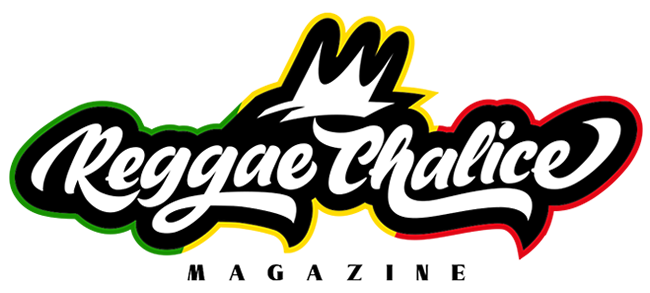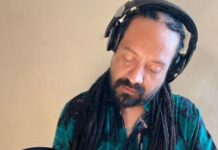Former president of the United States Richard Nixon, who promoted the “War on Drugs” in 1971, qualifying its consumption as “public enemy number one” from the country, made a surprising statement that became known in recent days.
Two years later, in 1973, before a small group of White House advisers at a meeting in the Oval Office, Nixon said that marijuana “It wasn't particularly dangerous.”, comments that were captured by the president's secret recording system, amid a series of tapes that were recently released, as published The New York Times.
“Let me tell you, I don't know anything about marijuana. (…) In other words, I know it's not particularly dangerous and that the majority of young people are in favor of legalizing it. But, on the other hand, It's the wrong sign right now.”, argued the late former American president.
Nixon, who had publicly argued that to curb drug consumption worldwide, a “total offensive”, and in fact he was the one who brought this to the world “war on drugs”, He also expressed concern in the audio about the harsh punishments Americans faced for marijuana-related crimes..
“Penalties should be proportional to the crime”, Nixon said during the conversation in the Oval Office, qualifying as “ridiculous” a sentence of 30 years in a case he had recently learned about.
“I have no problem with the sanctions being evaluated, and penalties such as those applied in Texas should not be imposed, where people are condemned to 10 years in prison for possession of marijuana. That's wrong”, said the former president.
The United States considers modifying the rules
These statements by Nixon are known while the federal government of the United States is reconsidering marijuana's status as a restricted Schedule I drug, which includes all substances with a high potential for abuse and no accepted medical value.
The Department of Health and Human Services (HHS, for its acronym in English), after conducting a review initiated by the president Joe Biden, recommended last year that cannabis be moved to Schedule III, while the Department of Justice agreed and published a proposed reclassification rule in the Federal Register in May.
But nevertheless, the Drug Enforcement Administration (DEA) expressed doubts about the implementation of the reform and has scheduled a public hearing on the issue of reclassifying cannabis for the 2 from December, after the presidential elections next 5 of November.





















